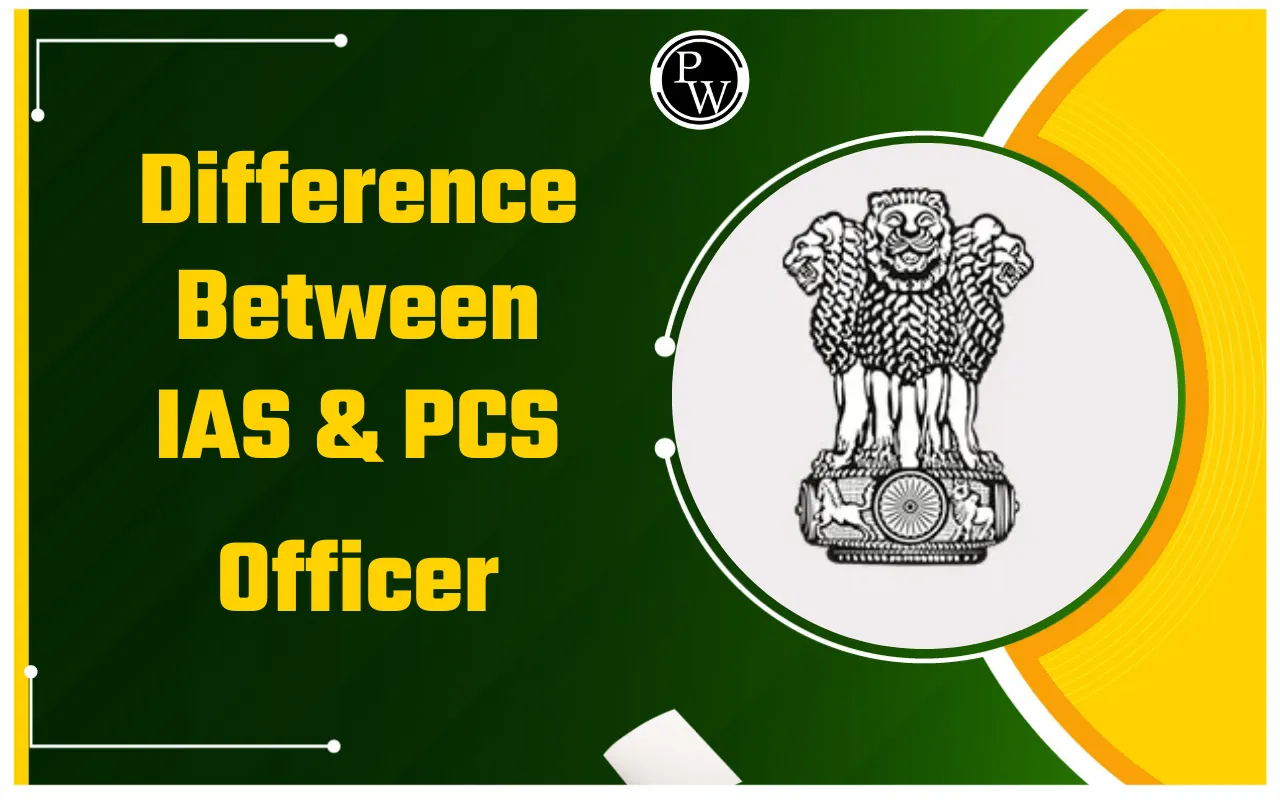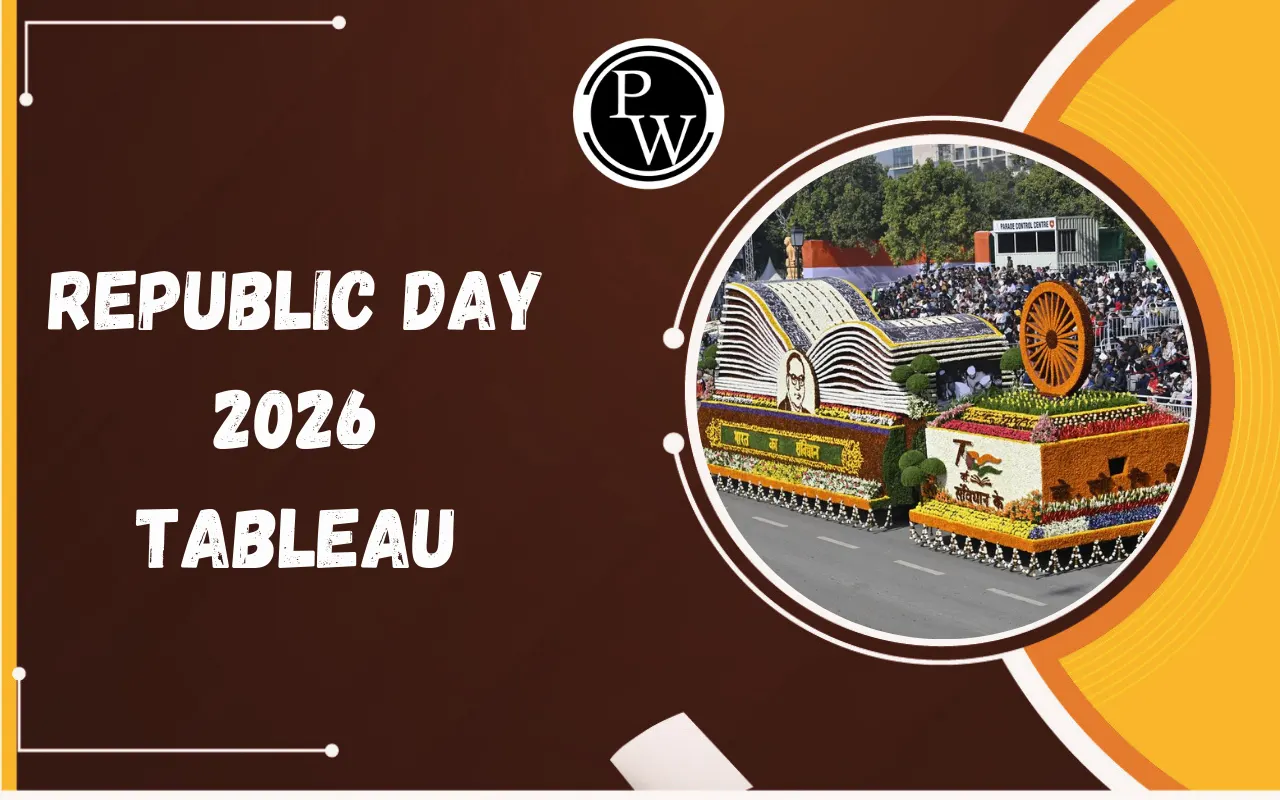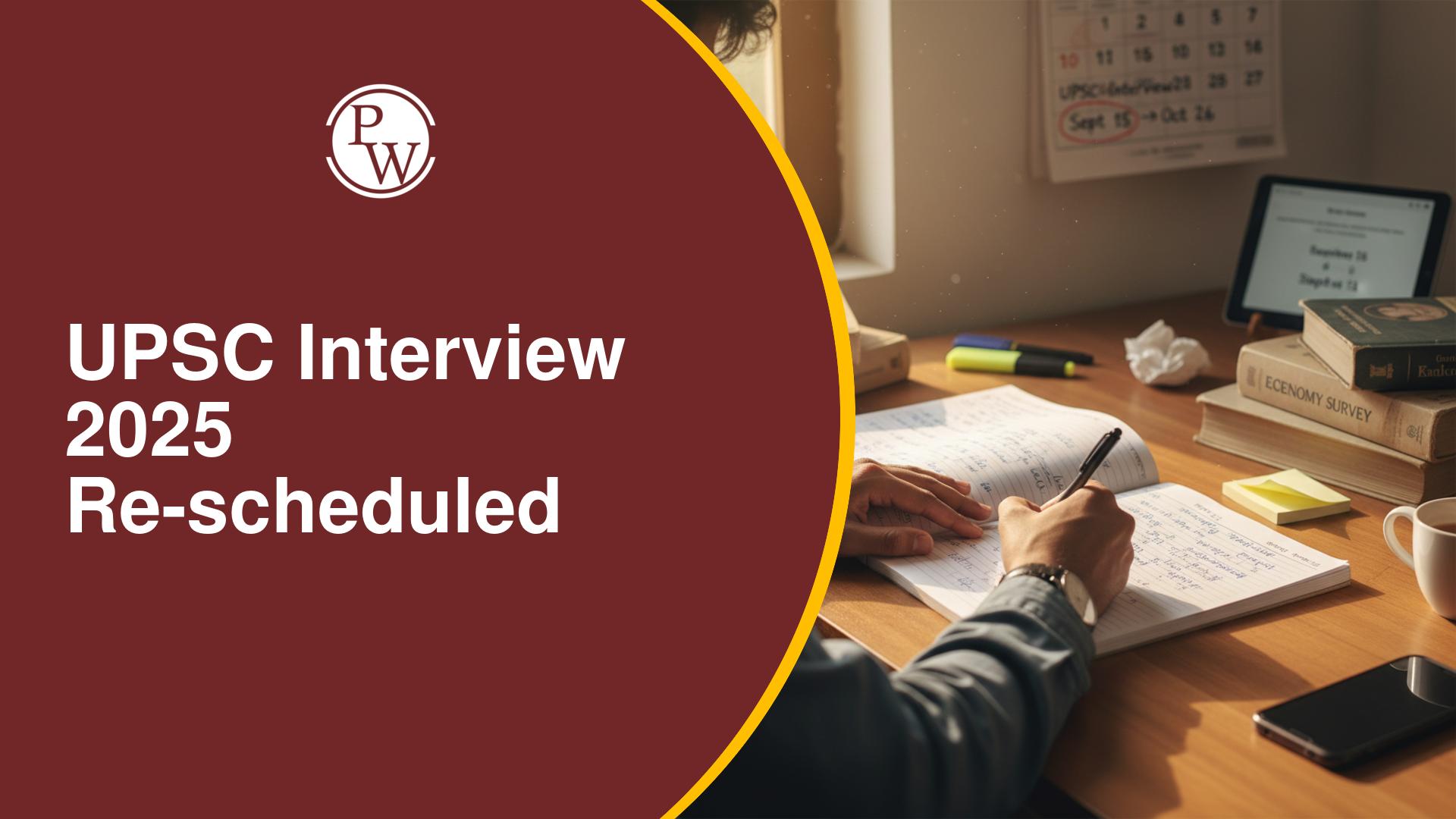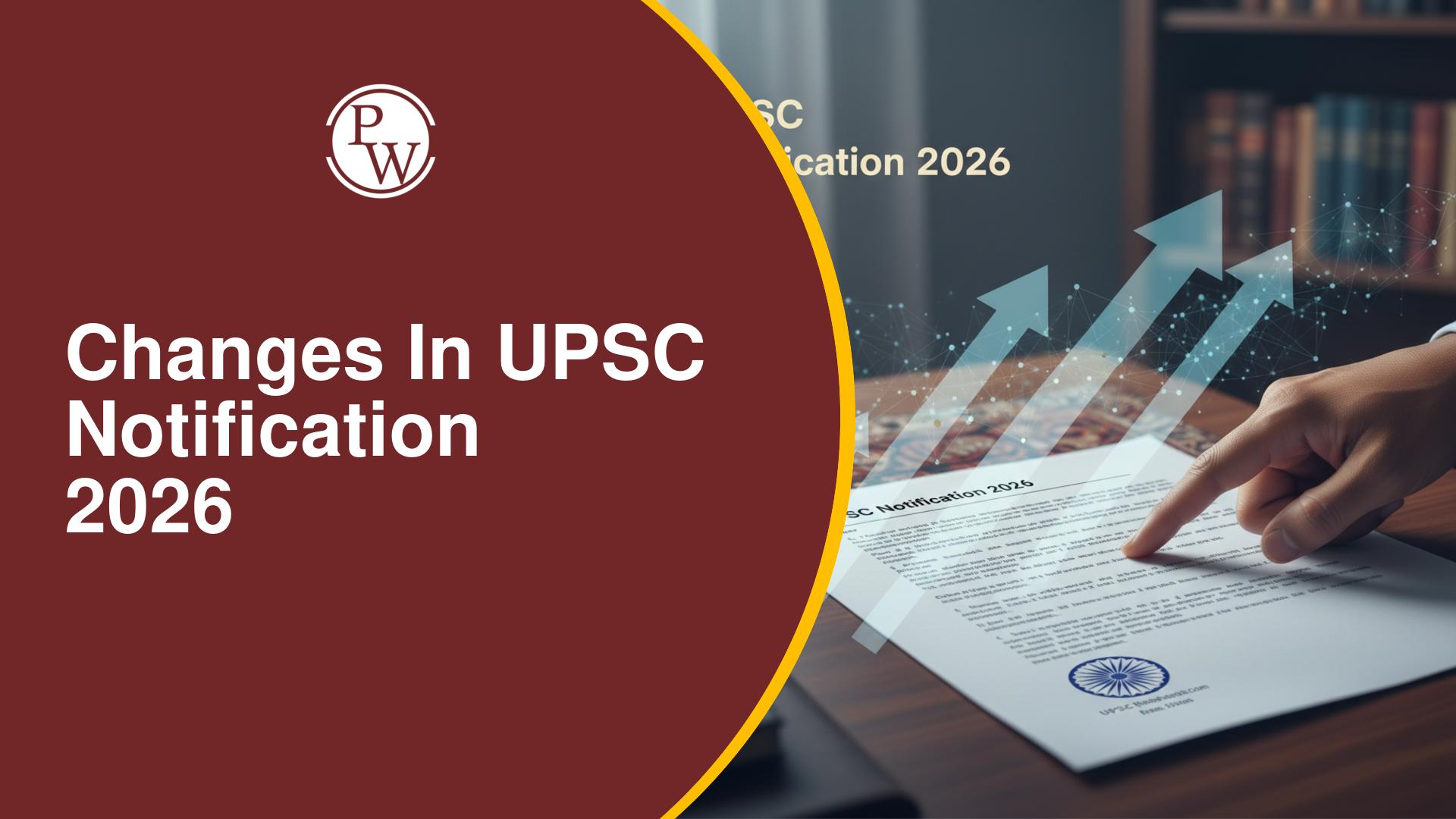
The Round Table Conferences were a series of three meetings held between the British government and Indian political leaders . The backdrop of these conferences was the growing demand for self-rule in India. The main aim of the Round Table Conferences was to discuss constitutional reforms in India.
Held in London between 1930 and 1932 , the conferences marked significant steps in India’s struggle for independence. Understanding the Round Table Conferences timeline and its outcomes is crucial for UPSC Prelims and Mains.What Was Round Table Conference?
The Round Table Conferences were three meetings (1930 - 1932) organised by the British government to discuss constitutional reforms in India. They were named so because all participants were seated around a circular table , symbolising equality in discussions. Round Table Conference was convened after the Simon Commission’s report in 1930 and amidst increasing nationalist movements in India. Although they fell short of achieving immediate reforms, they highlighted key issues in the Indian freedom struggle. The conferences took place in London, with representatives from various sections of Indian society, including political parties, princely states, and even British officials. The discussions centered around India’s future political structure , and the British were keen on ensuring the continued dominance of the Crown.Why Round Table Conferences Held?
The Round Table Conferences were mainly held to address the growing demand for Indian self-governance. Several factors contributed to the decision to hold these conferences:- Simon Commission (1927): The Simon Commission, which was set up by the British, did not have any Indian representation, which angered many Indians. It was perceived as an attempt to maintain British control without acknowledging Indian opinion.
- Civil Disobedience Movement (1930): T he Civil Disobedience Movement, led by Mahatma Gandhi, had gained widespread support. The British were under pressure to find a peaceful solution to the growing unrest in India.
- Demand for Political Reforms: Indian leaders, including the Indian National Congress (INC), wanted greater participation in the governance of India. They were seeking constitutional reforms that would grant more autonomy to Indians.
First Round Table Conference
The First Round Table Conference took place from November 12, 1930, to January 19, 1931 , in London.Key Participants
- Representatives from various princely states , such as Alwar, Baroda, Bhopal, Bikaner, Kashmir, Patiala, etc.
- Muslim League led by Aga Khan III, Hindu Mahasabha representatives, the Sikh Community, Parsis leaders, and Women representatives.
- Liberals ( Tej Bahadur Sapru , C.Y. Chintamani, etc.) Depressed Classes ( Dr. B.R. Ambedkar ) Justice Party, Labor interests ( N.M. Joshi ), Indian Christians, Anglo-Indians.
- Representatives from universities and Government of India officials.
Outcomes
The primary discussions at the conference revolved around granting dominion status to India, with the British proposing reforms aimed at making India a self-governing dominion under British supervision. Additionally, there were discussions on safeguarding the interests of minorities and princely states. However, the absence of the INC significantly reduced the effectiveness of the conference. As a result, while the discussions were substantial, no concrete decisions were made, and the conference ended inconclusively. The British government realized that any meaningful progress on constitutional reforms would require the participation of the INC.Second Round Table Conference
The 2nd Round Table Conference was chaired by Prime Minister Ramsay MacDonald and held from September 7 to December 1, 1931 , in London. The conference was organized following the Gandhi-Irwin Pact of March 1931.Key Participants
- Indian National Congress (INC) was represented by Mahatma Gandhi as its sole representative. He was accompanied by Madam Sarojini Naidu.
- Numerous maharajas and other royal representatives from Princely states l ike Alwar, Baroda, Bhopal, Hyderabad, and Mysore.
- Muslim Delegation led by Aga Khan III, which included Muhammad Ali Jinnah, Sir Muhammad Iqbal, and A.K. Fazlul Huq, and Hindu Mahasabha led by B.S. Moonje and M.R. Jayakar, etc.
- Depressed Classes ( Dr. B.R. Ambedkar), Sikhs, Liberals, Labor leaders, Women Representatives, and industrialists.
Outcome
The Second Round Table Conference ultimately failed to produce meaningful results due to disagreements over communal representation and the changing political environment in Britain. The lack of consensus highlighted the challenges in reconciling the demands of various Indian groups and the British government. Despite extensive discussions, conflicting demands along with the hardline approach from the British government, led to a failure to resolve key issues. Gandhi returned to India on December 28, 1931, with little to show for his efforts.Third Round Table Conference
The Third Round Table Conference was held from November 17 to December 24, 1932. The conference was the final attempt at negotiating India’s constitutional future before the British government proceeded with its own plans for reform.Key Participants
- The INC once again boycotted the conference, and key leaders like Mahatma Gandhi remained absent. As a result, the participation from Indian political groups was minimal.
- Representatives from various princely states , including Hyderabad, Mysore, Baroda, Kashmir, and others, were present at the conference.
- Some prominent figures still attended, such as Aga Khan III , Muhammad Iqbal, Tej Bahadur Sapru , Dr. B.R. Ambedkar , and others.
Outcome
The absence of the INC weakened the conference's effectiveness, as the British government had minimal interaction with India's main political force. However, even without an agreement, the British government gathered the recommendations from all three conferences into a White Paper , published in March 1933. The proposals were debated in the British Parliament, leading to the creation of a Joint Select Committee. Later, the committee's report became the foundation for the Government of India Act, of 1935 , which defined India's future governance structure.What After Round Table Conferences?
The failure of the Round Table Conferences to deliver immediate reforms led to increased disillusionment among Indian leaders. However, the discussions influenced subsequent events:- Government of India Act, 1935: This Act introduced provincial autonomy and a federal structure, incorporating ideas discussed during the conferences.
- Rise of Mass Movements: The conferences’ failure strengthened nationalist movements, with leaders like Gandhi, Nehru, and Patel continuing the freedom struggle.
- Constitutional Development: Though the conferences did not yield immediate results, they laid the groundwork for future constitutional reforms.
| UPSC Related Articles | ||
| Female Freedom Fighters of India | Vaikom Satyagraha | Advent of Europeans |
| Parliament Sessions | Cooperative Federalism | Anti-Defection Law |
Round Table Conference FAQs
What was the purpose of the Round Table Conferences?
The purpose was to discuss constitutional reforms in India and resolve political deadlocks between British officials and Indian leaders.
Who attended the First Round Table Conference?
It was attended by Indian leaders like Dr B.R. Ambedkar, the Muslim League, Hindu Mahasabha, princely state representatives, the Justice Party, and British officials.
Which Round Table Conference was attended by Gandhiji?
Mahatma Gandhi attended the Second Round Table Conference in 1931.
Which Round Table Conference was not attended by Congress?
The Congress did not attend the First and Third Round Table Conferences.
What was the outcome of the Round Table Conferences?
Though no immediate reforms were achieved, the discussions influenced the Government of India Act, 1935, and further constitutional developments.
Talk to a counsellorHave doubts? Our support team will be happy to assist you!

Check out these Related Articles
Free Learning Resources
PW Books
Notes (Class 10-12)
PW Study Materials
Notes (Class 6-9)
Ncert Solutions
Govt Exams
Class 6th to 12th Online Courses
Govt Job Exams Courses
UPSC Coaching
Defence Exam Coaching
Gate Exam Coaching
Other Exams
Know about Physics Wallah
Physics Wallah is an Indian edtech platform that provides accessible & comprehensive learning experiences to students from Class 6th to postgraduate level. We also provide extensive NCERT solutions, sample paper, NEET, JEE Mains, BITSAT previous year papers & more such resources to students. Physics Wallah also caters to over 3.5 million registered students and over 78 lakh+ Youtube subscribers with 4.8 rating on its app.
We Stand Out because
We provide students with intensive courses with India’s qualified & experienced faculties & mentors. PW strives to make the learning experience comprehensive and accessible for students of all sections of society. We believe in empowering every single student who couldn't dream of a good career in engineering and medical field earlier.
Our Key Focus Areas
Physics Wallah's main focus is to make the learning experience as economical as possible for all students. With our affordable courses like Lakshya, Udaan and Arjuna and many others, we have been able to provide a platform for lakhs of aspirants. From providing Chemistry, Maths, Physics formula to giving e-books of eminent authors like RD Sharma, RS Aggarwal and Lakhmir Singh, PW focuses on every single student's need for preparation.
What Makes Us Different
Physics Wallah strives to develop a comprehensive pedagogical structure for students, where they get a state-of-the-art learning experience with study material and resources. Apart from catering students preparing for JEE Mains and NEET, PW also provides study material for each state board like Uttar Pradesh, Bihar, and others
Copyright © 2026 Physicswallah Limited All rights reserved.






